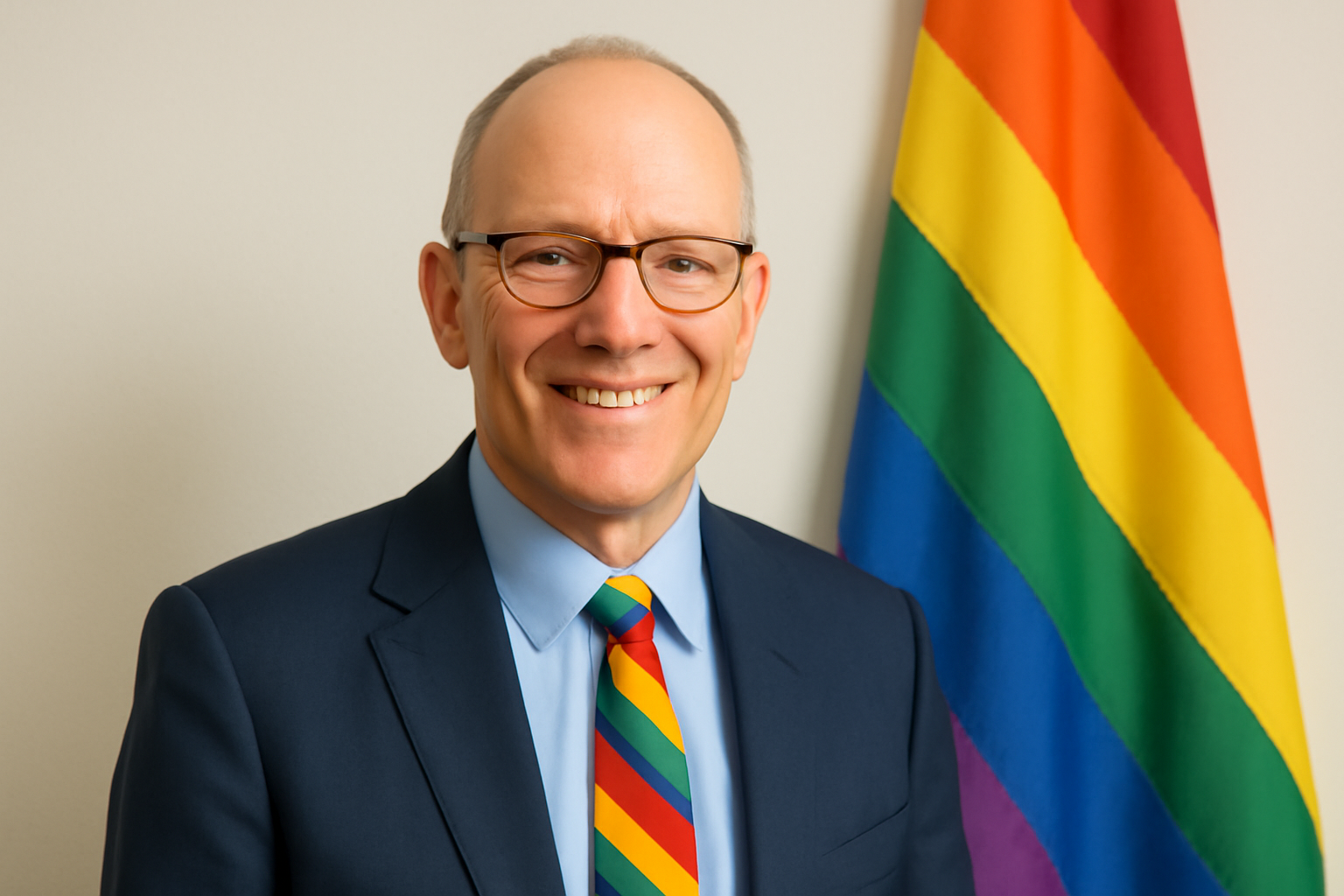
The international landscape for LGBTQ+ rights has been significantly shaped by the programs implemented by organizations like the United States Agency for International Development (USAID). However, recent political shifts have raised concerns about the stability and future of these initiatives. In an exclusive interview, a former USAID official, who played a pivotal role in championing LGBTQ+ programs, shares insights into the potential global repercussions of halting these efforts.
Understanding the Importance of USAID's LGBTQ+ Programs
USAID has been at the forefront of promoting human rights and inclusivity worldwide. Their programs have not only focused on economic development but have also addressed critical social issues, including the rights and well-being of LGBTQ+ individuals. Through comprehensive policies and targeted initiatives, USAID has worked to create safer and more inclusive environments in countries where LGBTQ+ communities face significant challenges.
"The work we did at USAID was groundbreaking," the former official explained. "We were not just providing aid; we were fostering an environment of acceptance and equality. By investing in these programs, we showed that LGBTQ+ rights are human rights, and that they deserve the same level of attention and support."
The Impact of Program Discontinuation
The decision to dissolve or reduce funding for LGBTQ+ programs can have far-reaching consequences. According to the ex-official, the immediate effects could include a rise in discrimination and violence against LGBTQ+ individuals in regions where USAID had previously established protections and support systems.
"Without these programs," they noted, "many people will lose access to critical resources and support networks. The lack of international pressure and assistance could lead to a rollback of the progress we have made over the years." This rollback can manifest in various forms, from legislative regressions to social ostracization, leaving vulnerable populations without recourse.
Global Fallout: A Case for Continued Support
Beyond individual countries, the global community could witness a decline in human rights advocacy if USAID's LGBTQ+ programs are diminished. The former official highlighted how interconnected these initiatives are with broader international movements for equality and justice.
"Our programs were part of a larger tapestry of international efforts to uplift marginalized voices," they said. "By weakening any part of this network, we jeopardize the entire structure. It's not just about one agency or one program; it's about a collective effort towards a more equitable world."
Moreover, the interviewee emphasized that the absence of robust LGBTQ+ support mechanisms could embolden oppressive regimes, leading to increased persecution and human rights violations. "When there is no deterrent," they warned, "regimes that are hostile towards LGBTQ+ people may feel empowered to act without fear of repercussion."
A Call to Action
Despite the challenges, the former USAID official remains hopeful about the potential for advocacy and grassroots movements to fill the gaps left by diminished governmental programs. They urged individuals and organizations to rally together and continue the fight for LGBTQ+ rights on both local and international stages.
"We must not lose hope," they insisted. "The power of community and collaboration cannot be underestimated. There are countless activists and NGOs ready to step up, but they need support. It is crucial for those who believe in equality to stand up and speak out."
In conclusion, the dissolution of USAID's LGBTQ+ programs represents a significant setback in the global fight for LGBTQ+ rights. However, through continued advocacy, collaboration, and resilience, there is hope that the progress made can be preserved and expanded upon.
"The journey towards equality has never been easy," the former official concluded. "But it is a journey worth taking, and one that we must continue, for the sake of those who cannot fight for themselves."
Related Posts
Triumphant Trans Woman Wins Legal Battle and Inspires Others to Stand Up for Their Rights
Breaking new ground: a landmark victory in transgender rights After battling in courtrooms and enduring endless challenges, Diana Portillo, a transgender woman, has secured a monumental victory in her decade-long fight against workplace discrimination. The result? Nearly $1 million awarded in a historic settlement. But this isn't just a win on paper—it represents a powerful precedent in combati [...]
Pride Month in Latin America: Protests and Demands for Equality
**Celebrating Pride and advocating LGBTQ+ rights in Latin America** Pride Month in Latin America was a lively mix where celebration met activism. Communities united, not just throwing a party but making a stand—demanding equality and pushing governments toward better protection and rights recognition. Throughout Latin America, pride events erupted in marches and cultural displays, each with a c [...]
Transgender Erasure Actions Implemented by National Park Service
```html Trump administration's impact on national park service and transgender recognition The Trump administration made notable moves in undermining transgender representation, which included directing agencies like National Park Service not include "T" and "Q" when they refered “LGBTQ” in any official communication. This move seems part a broader plan by this administration aimed at reducin [...]